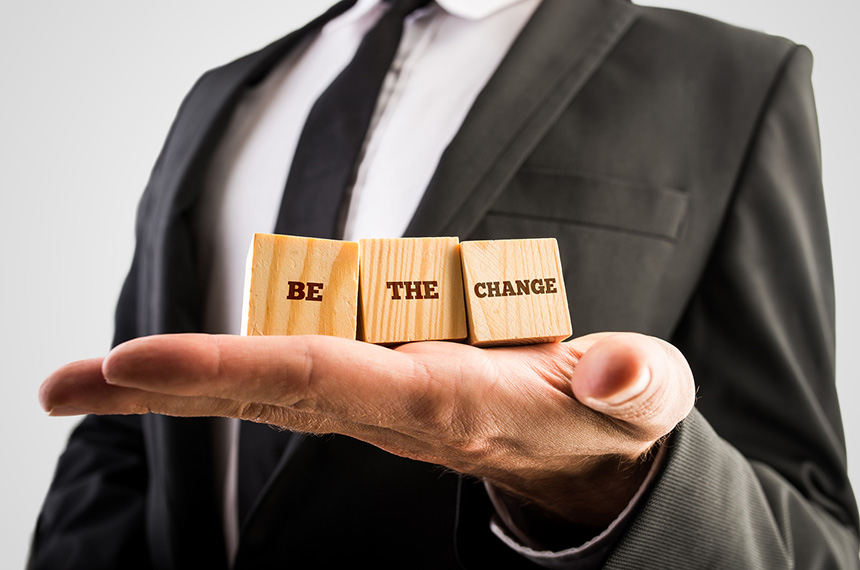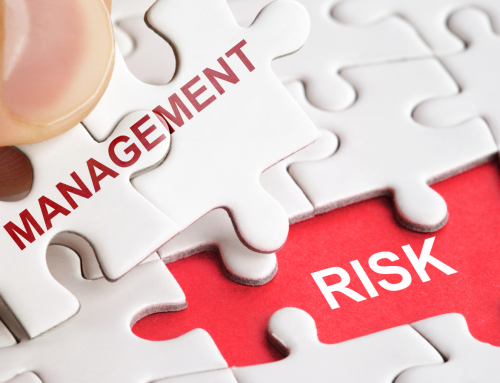The past 75 years have seen more change than perhaps any other period in our history. Changes in technology, transport mechanisms and family structures have revolutionised society and the workplace.
Our places of employment are still constantly evolving and changing. Some of the drivers for these changes are apparent: Economic factors, risk, technology, social research influencing management philosophy, environmental changes along with policies and regulations.
As human beings we have an innate dislike of change, whether positive or negative. It creates a requirement to adapt and upsets our natural status quo. Individuals will move at varying speeds through the process of responding to and accepting change. So at any one time different personalities will be at different stages of absorbing the new situation.
Changes typically cause stress and there is the potential for individuals to become stuck in unhelpful denial and resistance. To prevent conflict and to encourage support between employees it is important to understand our own actions and those of others as change is being processed.
Early stages of the process may include denial, a refusal to believe that the change is taking place. We may feel confused, apathetic, unmotivated or as though we have lost something. There may also be nostalgia for the way things were. The change is seen as having no value and morale becomes low. Imagine standing outside a swimming pool, knowing you are required to go in but not being prepared to.
This denial can then lead to resistance, perhaps a refusal to put into action the requirements of the change or we find reasons for not adopting the new situation, we can hold negative attitudes, oppose the change in our behaviours, refuse to cooperate, feel depressed, anxious, and frustrated. We can also start to blame others at this stage and become angry and conflictual. So now we are out of the carpark, going into the pool gates and looking at the water thinking it is too cold, this isn’t right. Yet we dip our toes into it to see how it feels.
After some time we become accustomed to the idea of change, we start to adapt, to become focused on our overall survival and health. We start to put our energy into things we can control. Maybe a little uncertain, we start to become willing to look at the change and what we need to do in order to make this work for ourselves. We start to passively accept the change. Sitting on the edge of the pool with our legs in the water but still not happy enough to leave the side.
Once we adapt then we start to become involved and committed to the change. The change becomes part of normal reality and a welcomed opportunity rather than an imposed or negative situation. We then start to participate in the process of change and accept the way things are different now. Finally getting into the water, pushing off from the side and confidently swimming in the pool.





